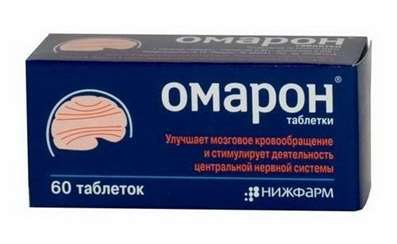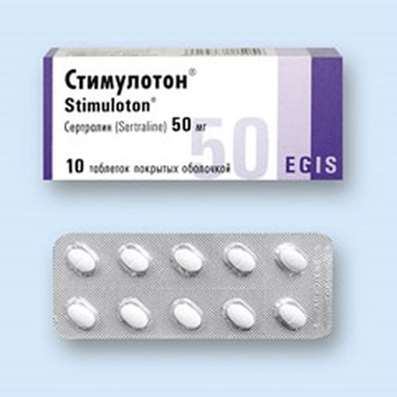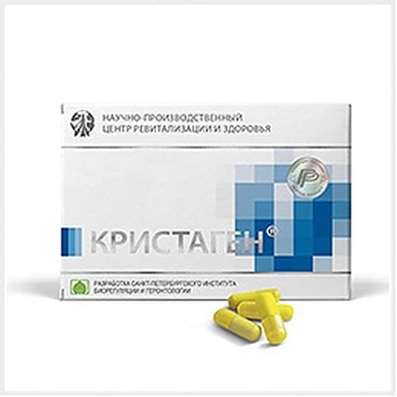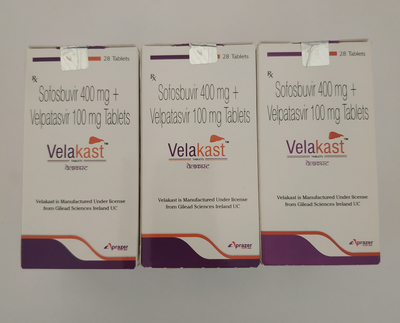Instruction for use: Contrykal
I want this, give me price
Dosage form: Lyophilizate for the preparation of a solution for intravenous administration; Lyophilizate for solution preparation for intravenous and intracavitary administration
Active substance: Aprotininum
Pharmacological groups
Fibrinolysis inhibitors
Ferment and antiferments
The nosological classification (ICD-10)
D65-D69 Blood clotting disorders, purpura and other hemorrhagic conditions: Hyperfibrinolysis; Hypocoagulation; Increased vascular permeability; Hemorrhagic syndrome
O20.0 Threatening abortion: Threatening abortion; Miscarriage abortive; A spastic condition with a risk of abortion; Threatening miscarriage in the first trimester of pregnancy; Threat of abortion Threatening abortion; The threat of spontaneous miscarriage; A threatening spontaneous miscarriage
O67 Labor and delivery, complicated by bleeding during labor, not elsewhere classified
O72 Postpartum hemorrhage: Bleeding in the puerperium; Postpartum bleeding
R58 Bleeding, not elsewhere classified: Abdominal apoplexy; Hemorrhagia; Haemorrhage of the esophagus; Hemorrhage; Generalized bleeding; Diffuse bleeding; Diffuse bleeding; Prolonged bleeding; Blood loss; Blood loss during surgical interventions; Bleeding during surgery and in the postoperative period; Bleeding during labor; Bleeding and haemorrhage in hemophilia B; Bleeding from the gums; Bleeding intraoperative abdominal; Bleeding against a background of coumarin anticoagulants; Hepatic hepatitis; Bleeding in hemophilia A; Bleeding at hemophilia A; Bleeding with inhibitory forms of hemophilia A and B; Bleeding due to leukemia; Bleeding in patients with leukemia; Bleeding; Bleeding due to portal hypertension; Bleeding due to hyperfibrinolysis; Drug bleeding; Local bleeding; Local bleeding due to activation of fibrinolysis; Massive blood loss; Acute blood loss; Parenchymal hemorrhage; Hepatic bleeding; Postoperative hemorrhage; Kidney bleeding; Vascular-platelet hemostasis; Traumatic bleeding; Threatening bleeding; Chronic blood loss
T81.0 Bleeding and hematoma complicating the procedure, not elsewhere classified: Bleeding in the postoperative period; Bleeding during transfusion; Bleeding during operations on the brain; Bleeding during surgical interventions; Bleeding after colorectal interventions; Bleeding after prostatectomy; Bleeding during surgery and in the postoperative period; Bleeding due to surgery on the prostate and urinary tract
Compositionand release form
Lyophilizate for preparation of solution for intravenous and intracavitary administration 1 fl.
Aprotinin 10000 ATPE
Excipients: mannitol
In vials; In the packaging of the contour cell 5 bottles; Complete with a solvent (isotonic sodium chloride solution) in ampoules of 2 ml; In the box 2 packs.
Description of dosage form
Powder from white to almost white.
Pharmachologic effect
Mode of action - Hemostatic, antiproteolytic.
Inhibits many proteases, incl. Plasmin, and inhibits fibrinolysis.
Indications of the drug Contrykal
Bleeding due to hyperfibrinolysis, incl. After surgery and trauma; Before, during and after childbirth; Hemorrhagic complications arising from thrombolytic therapy, acute pancreatitis, prevention of postoperative pancreatitis and fat embolism.
Contraindications
Hypersensitivity.
Application of pregnancy and breastfeeding
Contraindicated (I trimester of pregnancy). At the time of treatment should stop breastfeeding.
Side effects
From the cardiovascular system and blood (hematopoiesis, hemostasis): arterial hypotension and / or tachycardia.
On the part of the intestine: nausea, vomiting.
Allergic reactions: allergic (skin rash) and anaphylactic (up to anaphylactic shock) reactions.
Dosing and Administration
IV, by stream injection, in the "lying" position (slowly, with a maximum speed of 5 ml / min) or be drop injection (briefly or long).
Patients with acute necrosis of the pancreas and an effusion containing enzymes into the abdominal cavity are additionally intraperitoneal.
The contents of 1 vial are dissolved in 2 ml of isotonic sodium chloride solution.
Typically, the following dosage regimens are prescribed:
For acute pancreatitis: intravenous (slow) - 200000-300000 ATPE (150376-225564 KIE), then for 24 hours in / in (drip) - another 200,000-300000 ATPE (150376-225564 KIE) aprotinin. The treatment is carried out until the clinical picture of the disease and the laboratory test results are normalized.
Prevention of postoperative pancreatitis: as an auxiliary treatment in / in (slowly) - 200,000 ATPE (150,376 KIE) / day.
For the treatment of shock conditions: in / in (slowly) the initial dose is 200,000-300,000 ATPE (150376-225564 KIE) aprotinin, then - at 140,000 ATPE (105263 KIE) every 4 hours.
Prevention of fat embolism: intravenous (slow) initial dose - 200,000 ATPE (150,376 KIE) aprotinin, then - daily in / in slowly 200,000 ATPE (150,376 KIE) aprotinin (as an auxiliary treatment).
When bleeding: the initial dose is 300,000 ATPE (225564 KIE), the subsequent - 140,000 ATRE (105263 KIE) every 4 hours in / in (slowly).
Children Contrikal® are administered at a dose of 14,000 ATPE / kg / day.
Storage conditions of the drug Contrykal
At a temperature not higher than 25 ° C.
Keep out of the reach of children.
The shelf life of the drug Contrykal
3 years.
Do not use beyond the expiration date printed on the package.

 Cart
Cart





